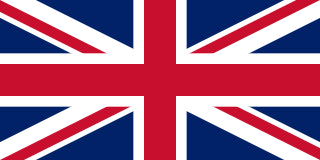While garden waste collections have been cancelled across the country for the foreseeable, most other waste collections are still happening as usual. This is because, while there is a health crisis happening, we can't have our household waste piling up and causing further health issues.
If you, as far as you are aware, don't currently have the COVID-19 virus, then you are able to continue as normal with your household waste.
However, what is the protocol regarding household rubbish for when you do have the virus?
We've put together this article to explain everything you need to know.
COVID-19 and self-isolation
In the UK right now, if you start to feel unwell with Coronavirus symptoms — namely, a temperature and a persistent cough — then you are to remain in your house and self-isolate for seven days. The self-isolation will then continue as long as the symptoms do if that is beyond seven days.
If you live with others, then they too will need to self-isolate.
Testing isn't currently available for those self-isolating, and so it is always best to assume you have the virus if you have the symptoms.
What to do with waste if you have COVID-19
During self-isolation with symptoms, you will, of course, continue to create waste like normal, except this waste could be contaminated with the virus. Used tissues and disposable cloths and face masks are particularly high risk, for example.
To protect the rest of your household and your council's household waste collection teams, please do the following, as recommended by Her Majesty's Government:
- Place all waste inside a plastic bag.
- When the bag is full, tie the bag shut.
- The plastic bag should then be placed inside another plastic bag.
- This plastic bag should also be tied.
- This bag should then be placed somewhere secure (away from children and pets) and left for 72 hours.
- The bag can then safely be placed in your wheelie bin ready for collection on collection day.
- If you're unable to store the waste safely for 72 hours, you need to contact your local council and tell them that you require a Category B infectious waste collection. You will then be supplied with orange clinical waste bags to place your waste inside, and they'll then be taken away for appropriate treatment.
If you have been tested for the Coronavirus and end up receiving a negative result while storing waste for the 72 hours, you may immediately move the waste and place it in your wheelie bin.
Cleaning your wheelie bin
While the Government hasn't mentioned this, you may personally wish to keep your wheelie bin clean during lockdown if you don't have COVID-19 (if you do, stay indoors).
This would be good for both your own peace of mind and to protect your council's waste management team in case of any unknown contamination.
We wrote a whole article about cleaning your wheelie bin but, in summary, you'd be best to use warm soapy water for the initial clean, followed by an antibacterial wash with a textured sponge.
Stay at home, protect the NHS, save lives.








Craig Pryce
With over 17 years of experience in the waste and recycling industry, Craig is passionate about making recycling easier and reducing the negative impact of litter. He has been the managing director of Wheelie Bin Solutions (WBS) since January 2016, and prides the company on his expert knowledge, top-quality products, and customer service. His proudest moment was when WBS supported the 2012 Olympic Games, working in partnership with Contenur UK to supply over 9000 bin containers to all Olympic venues. Craig is always keen to share his knowledge, so whether you need advice about the benefits of a wheelie bin lock, or ideas for alternative uses for your wheelie bin, Craig will ensure your recycling and waste disposal habits are gold medal worthy.